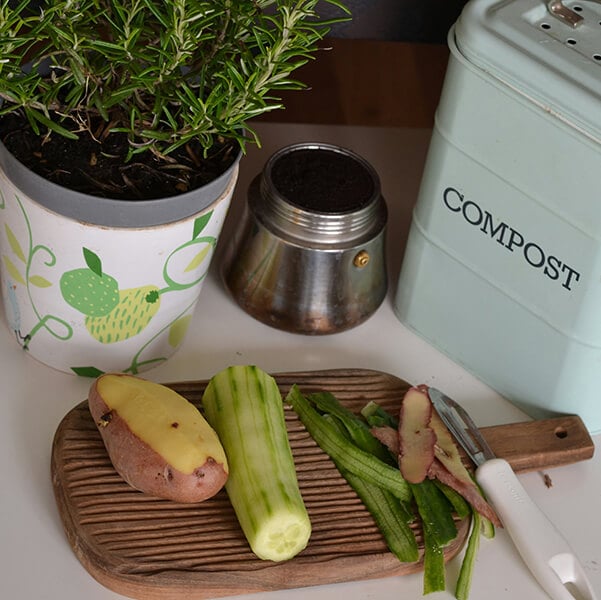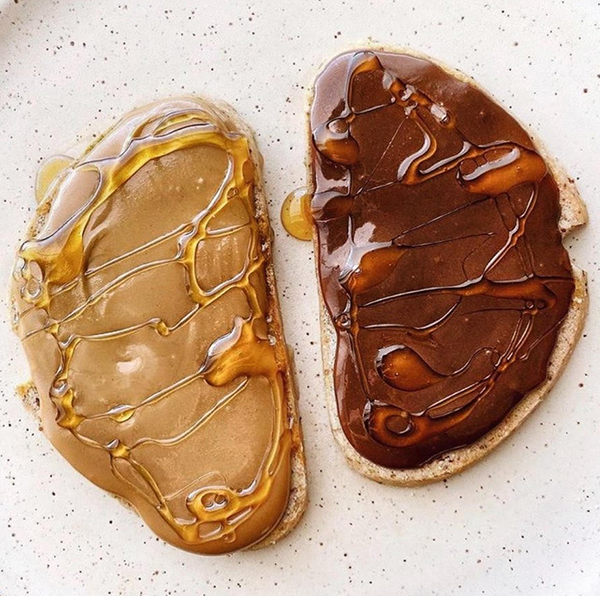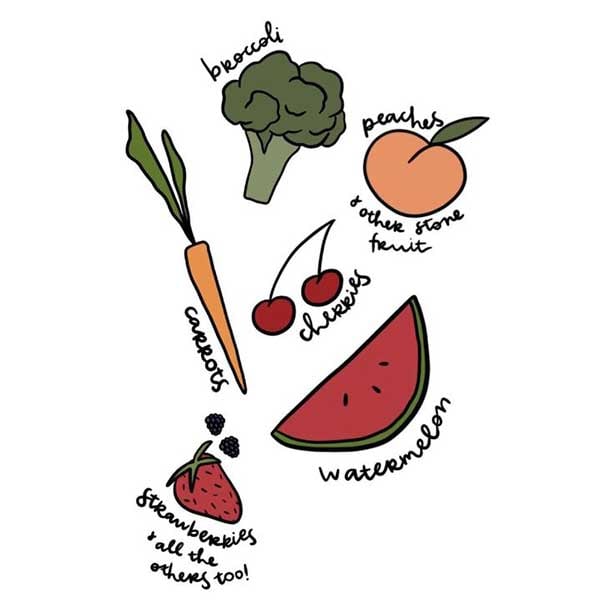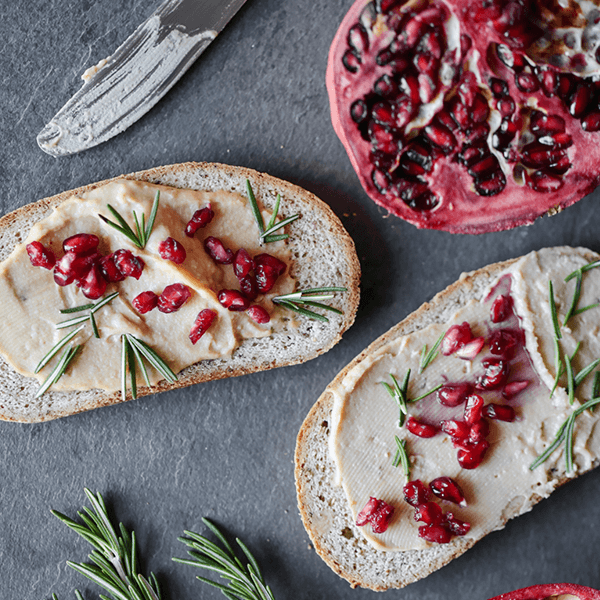Welcome! Let's talk about how farming practices in the U.S. and how they have evolved over time. Back in the early days, when farmers had all this vast, fertile land at their disposal, they didn't really think much about the long-term effects of their methods. Why worry about composting when the soil seemed to be bursting with nutrients? But as time went on, that mindset started to catch up with them. The soil just wasn't as productive as it used to be, and they couldn't figure out why.
Justus Von Liebig, a German chemist, came up with a theory that changed everything. He discovered that nitrogen and trace minerals were extremely important for plant growth. People couldn't rely solely on the richness of the soil anymore. They needed to help the soil regain its richness.

Fast forward to the 1900s and another German chemist named Fritz Haber figured out how to make nitrogen fertilizer. Suddenly, farmers had this "magic powder" that could boost their crop yields. But little did they know, there were consequences to using synthetic fertilizers like this.
As time went on and cities grew, more and more pressure fell on farmers to produce more food and turned to synthetic fertilizers as a quick fix. But as you know, this wasn't sustainable in the long run. Soil quality continued to decline, and something had to change.
That's when the environmental movement came along in the 1960s. People started to realize that we needed to take better care of our planet, including our soil. Composting became popular again as a natural alternative to chemical fertilizers and landfills. Places like the Rodale Institute led the charge, showing that composting could be done on a large scale.
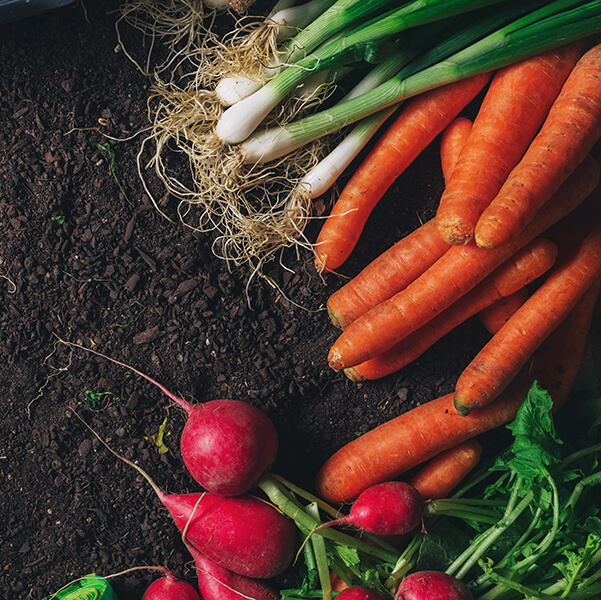 By the '70s, composting was really gathering attention. Laws were put in place to encourage composting and regulate its use, and soon there were hundreds of composting facilities across the country. The '80s and '90s saw even more growth in the composting movement, with the establishment of organizations like the US Composting Council.
By the '70s, composting was really gathering attention. Laws were put in place to encourage composting and regulate its use, and soon there were hundreds of composting facilities across the country. The '80s and '90s saw even more growth in the composting movement, with the establishment of organizations like the US Composting Council.
Then came the 2000s, and compostable packaging started to become popular and respected. Cities like San Francisco led the charge by mandating businesses to use compostable food serviceware. By the end of the decade, there were over 4,000 composting facilities in the USA.
The momentum just kept building in the 2010s, with more and more businesses and institutions launching composting programs. By 2019, there were over 8,000 composting facilities across the country.
And here we are in the 2020s, with composting still going strong. Cities and states are adopting composting policies and more people are composting at home. It's amazing to see how far we've come in taking care of our planet!
Composting Tip
AWG Bakery is SO proud that our bags and labels are 100% compostable. Many of our customers use their AWG bread bag to store kitchen scraps in their fridge and once the bag is full they toss on the green waste bin or compost pile. We are committed to clean eating and living!
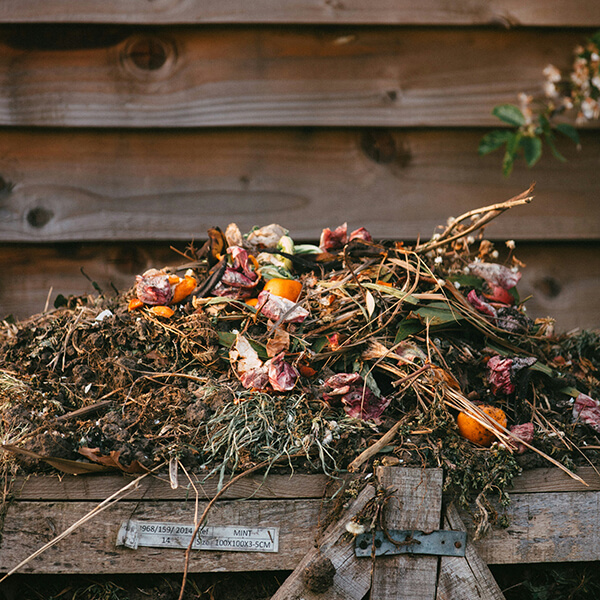 How Composting Works
How Composting Works
Composting produce is like giving back to the Earth in a super eco-friendly way. Picture this: you take your apple cores, banana peels, carrot tops, and any other fruit or veggie scraps you have, and instead of tossing them in the trash, you toss them into a compost bin or pile.
Now, here's where the magic happens! Over time, all those scraps break down into nutrient-rich goodness thanks to tiny organisms like bacteria, fungi, and insects. They munch away happily, turning your kitchen waste into what gardeners call "black gold" or compost.
This compost is like a superhero for your garden! When you spread it over your soil, it adds nutrients that plants love, helps retain moisture, and even improves soil structure. It's like giving your plants a nutritious meal and a cozy blanket all in one.
Plus, composting helps reduce the amount of waste that ends up in landfills, which is a big win for the environment. So, next time you're chopping veggies or snacking on fruit, think about giving those scraps a second chance by composting them. Mother Nature will thank you!

